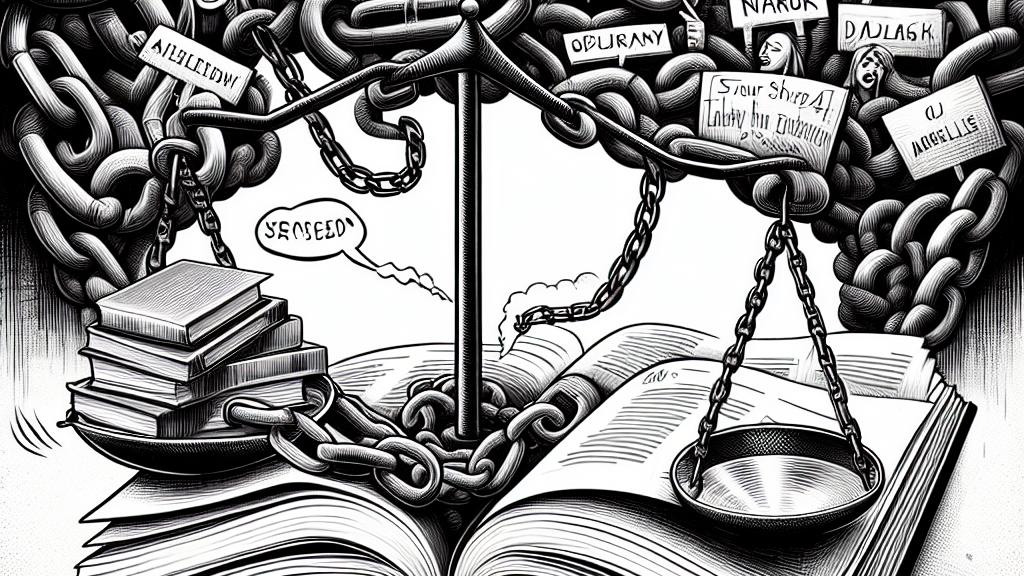Understanding Student Debt: Personal Struggles and Collective Action
Overview
- Student debt presents a daunting challenge for individuals across nations like England and the U.S.
- Vibrant activist movements and strategic government initiatives seek to alleviate this financial strain.
- Exploring the moral implications of student debt reveals systemic issues that demand urgent attention.

The Context of Student Debt
Student debt is no longer just a personal dilemma; it has escalated into a pressing crisis affecting millions. In England, the landscape of education funding has dramatically shifted—graduates now face an average debt of £45,000, a startling contrast to the time when higher education was accessible without financial burdens. Meanwhile, in the United States, staggering figures highlight the severity of the issue, with nearly 45 million borrowers grappling with a total debt of approximately $1.7 trillion. This transition from viewing education as an investment in one's future to a source of crippling financial strain creates a profound sense of anxiety among students. The gap between expected outcomes and harsh realities fosters a nationwide discussion on the sustainability and fairness of such a system.
Emerging Movements and Government Responses
Amidst the swirl of debt, a wave of grassroots movements has emerged, advocating for the rights of student borrowers. Groups such as Strike Debt and the Debt Collective have become champions of change, rallying individuals to combat the financial oppression tied to education. These activists assert that education should be treated as a public good, not a commodity that enriches lenders. Complementing these efforts, the Biden-Harris Administration has recently taken substantial steps, approving an impressive $7.7 billion in debt relief for over 160,000 borrowers. Such initiatives not only provide immediate support to those struggling under the weight of loans, but also signal a larger commitment to eradicating inequalities within the education system. This dynamic interplay of activism and policy is crucial for reshaping the narrative around student debt.
Moral Implications and Societal Norms
Digging deeper into the moral implications of student debt uncovers significant societal contradictions. On one hand, many borrowers perceive taking on debt for education as a valuable investment, yet this belief often leads to crushing disappointment when they are unable to secure stable employment or repay their loans. Recent rulings, like the Supreme Court's decision against widespread student loan forgiveness, emphasize the ongoing battle borrowers face. It’s increasingly clear that the promise of a degree does not guarantee a financially secure future, disproportionately impacting marginalized groups in particular. These revelations call for a fundamental reevaluation of how our society values education itself. By reframing education as a universal right rather than a financial obligation, we can pave the way for a more equitable system that empowers all individuals to thrive, free from the shackles of debt.

Loading...